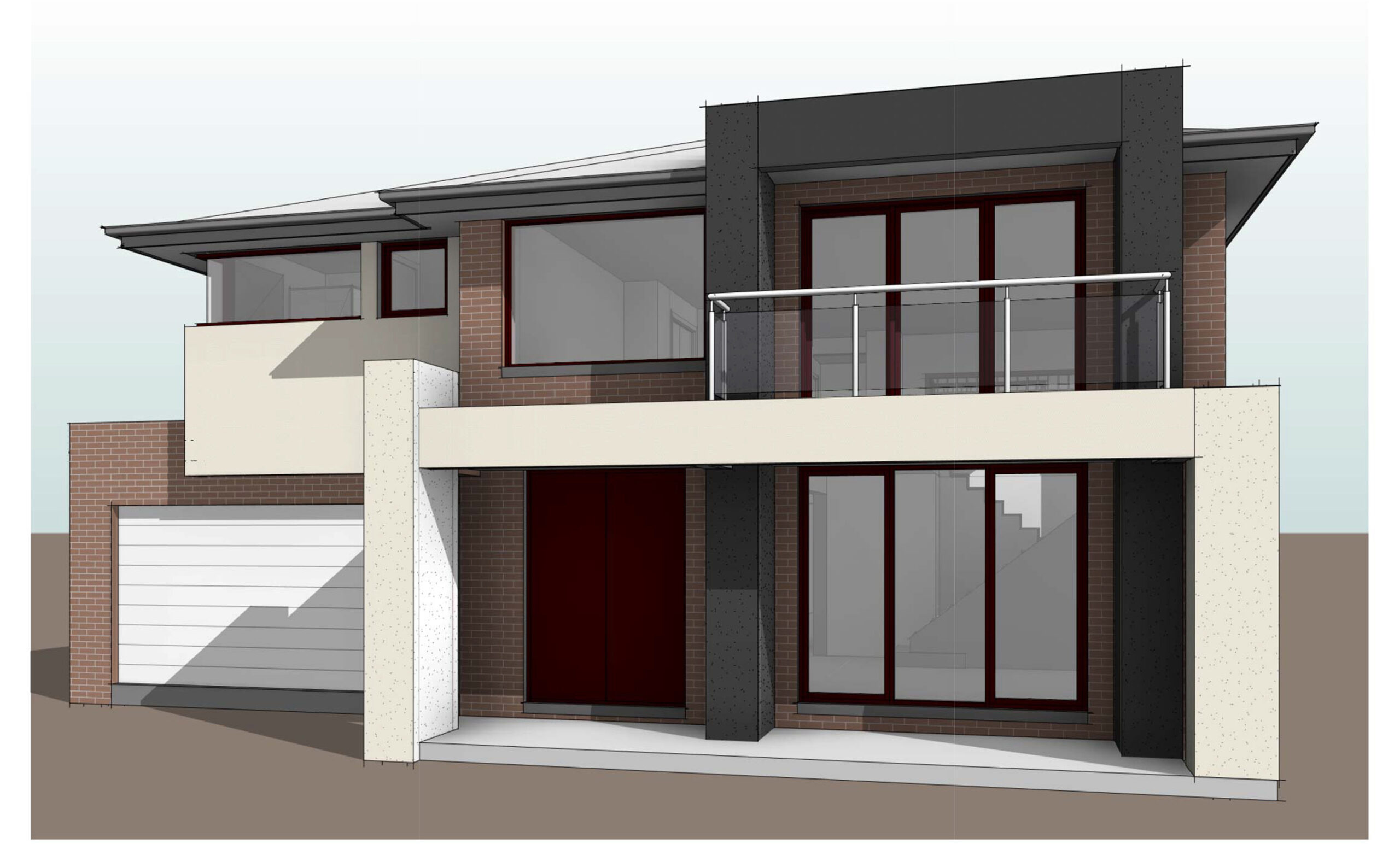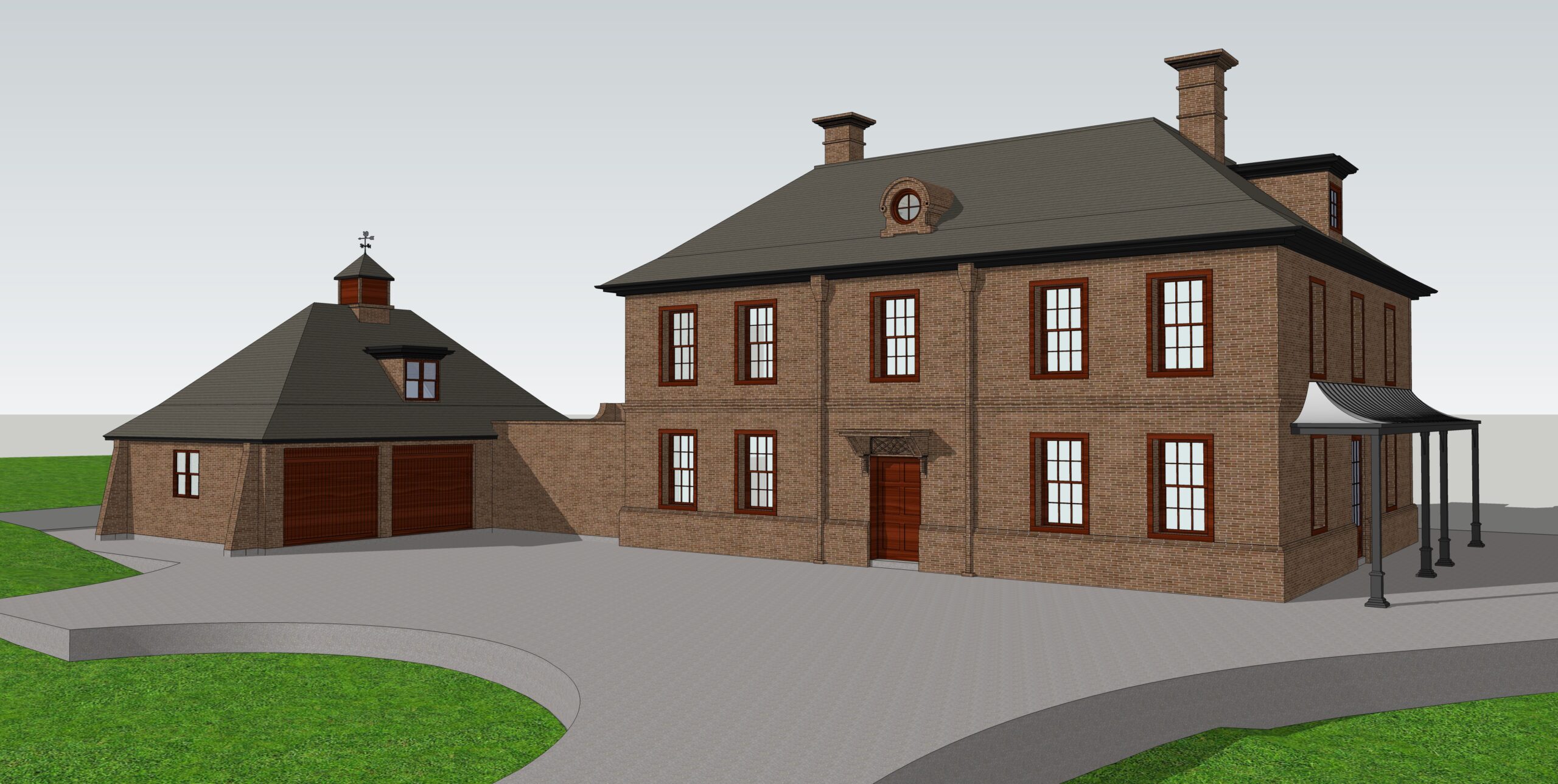Overcoming Challenges in Outsourcing Architectural Works
Posted on : Jul 25, 2023
Outsourcing architectural works has become a prevalent practice in the construction industry, offering numerous advantages to architectural firms and businesses. By entrusting specific tasks to external professionals, companies can concentrate on their core competencies and reduce costs. However, like any business strategy, outsourcing architectural works comes with its own set of challenges. In this article, we will explore some of the common obstacles faced in this domain and discuss effective strategies to overcome them.
Understanding the Complexity of Projects
Architectural projects are inherently complex and unique in their requirements. Each project demands careful attention to detail and a deep understanding of the client’s vision. When outsourcing architectural works, it is crucial to ensure that the external team comprehends the intricacies involved. Misunderstandings can lead to errors, rework, and delays, ultimately impacting the project’s success. Effective communication and collaboration are essential in this regard, enabling a clear exchange of ideas and expectations.
Selecting the Right Outsourcing Partner
Choosing the appropriate outsourcing partner is a critical decision that significantly influences the project’s outcome. The wrong choice may result in subpar deliverables, missed deadlines, and strained professional relationships. To mitigate this challenge, architectural firms must conduct thorough research and due diligence. Checking the potential partner’s expertise, portfolio, and client testimonials can provide valuable insights. A partner that aligns with the firm’s values, work culture, and goals is more likely to deliver satisfactory results.
Ensuring Effective Communication and Collaboration
Seamless communication and collaboration between the in-house team and the outsourcing partner are vital for successful project execution. Language barriers, different time zones, and cultural differences can hinder effective interactions. Implementing the right communication tools and channels can bridge this gap. Regular video conferences, project status updates, and real-time messaging can foster a sense of teamwork and unity. It is essential to establish clear expectations and deadlines from the outset, ensuring everyone is on the same page.
Maintaining Quality Assurance and Control
Maintaining high-quality standards is of utmost importance in architectural works. Concerns about the quality of deliverables can arise when outsourcing. To overcome this challenge, architectural firms should implement a robust quality assurance process. Regular evaluations and feedback loops help ensure that the outsourced work aligns with the expected standards. Additionally, defining and adhering to specific quality benchmarks at the outset can lead to more consistent results.
Addressing Data Security and Confidentiality
Outsourcing architectural works involves sharing sensitive project information with external entities. Ensuring data security and confidentiality is crucial to protect intellectual property and maintain client trust. Architectural firms must establish clear non-disclosure agreements with their outsourcing partners. Secure data sharing protocols and restricted access to sensitive information can help mitigate potential risks.
Managing Project Timelines Effectively
Meeting project timelines is vital to the success of any architectural endeavor. Delays can have a cascading effect on the entire project timeline and may lead to budget overruns. Architectural firms should invest in effective project management tools and software. Regular monitoring of progress and identifying potential bottlenecks early on can help keep the project on track.
Embracing Technological Advancements
The architectural industry is continuously evolving with technological advancements. To stay competitive, both architectural firms and their outsourcing partners must embrace these innovations. Investing in cutting-edge software and tools can enhance the efficiency and quality of the outsourced work. Continuous learning and upskilling are essential to keep up with the latest trends.
Resolving Disputes and Conflict Resolution
Disputes and conflicts can arise in any business relationship, including outsourcing arrangements. Having a robust conflict resolution mechanism in place is crucial to address issues promptly and maintain a healthy working relationship. Clear escalation paths and open lines of communication can facilitate the resolution of conflicts in a constructive manner.
Focusing on Ethical and Sustainable Practices
Outsourcing architectural works to regions with different regulatory environments can raise ethical concerns. Architectural firms should prioritize outsourcing partners who adhere to ethical and sustainable practices. Collaborating with entities that value environmental responsibility and social sustainability aligns with the firm’s values and can enhance its reputation.
Building Long-term Partnerships
Rather than viewing outsourcing as a one-off transaction, fostering long-term partnerships can yield numerous benefits. Long-term collaborations enable better understanding of project requirements and the development of a shared vision. Trust and familiarity lead to smoother workflows and increased efficiency over time.
Emphasizing Flexibility and Adaptability
Flexibility and adaptability are essential qualities in the dynamic field of architecture. Both the architectural firm and the outsourcing partner should be open to adjusting to changing project requirements. Embracing flexibility allows for innovative problem-solving and better response to project challenges.
Leveraging Multi-disciplinary Expertise
Outsourcing provides access to diverse talent pools with various skill sets. Architectural firms should leverage this multi-disciplinary expertise to their advantage. Collaborating with professionals from different backgrounds can lead to fresh perspectives and innovative solutions.
Conclusion
Outsourcing architectural works and drafting can be a strategic approach to improve efficiency and productivity. While challenges may arise, adopting proactive measures can overcome them effectively. By selecting the right outsourcing partner, fostering effective communication, maintaining quality standards, and embracing technological advancements, architectural firms can unlock the full potential of outsourcing. Building long-term partnerships and focusing on ethical practices contribute to sustainable growth and success in the competitive architectural landscape.




